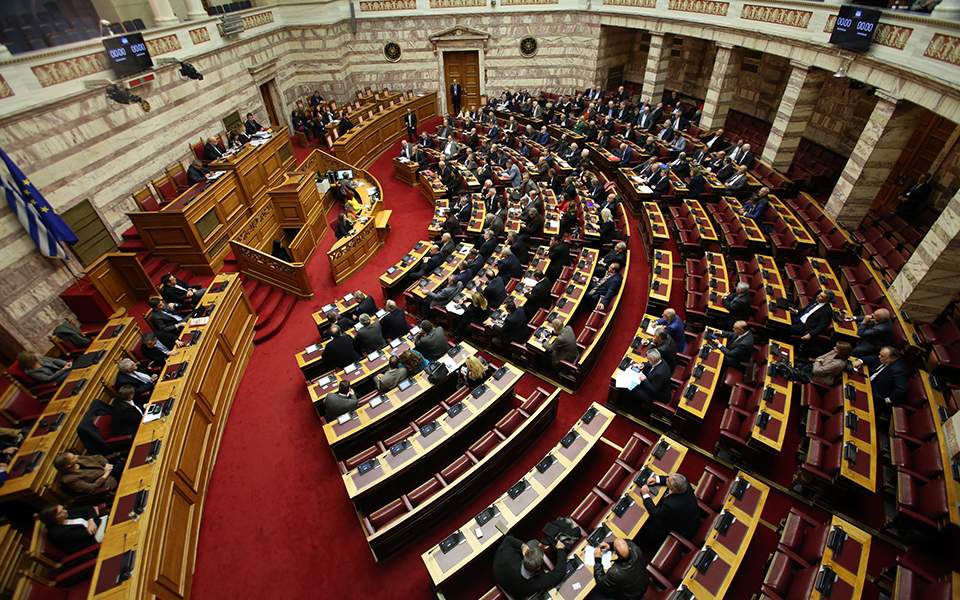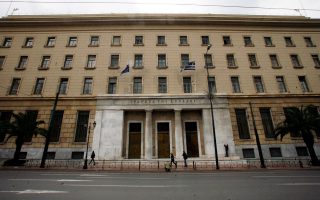Capital controls have weekly cost of 2.8 bln for GDP

Parliament’s Budget Office warned on Wednesday that the government tactics of the last six months have led the economy back to recession, with weekly losses of 2.8 billion euros in gross domestic product as long as the capital controls apply.
In their quarterly report, Parliament’s economic experts attributed the blame for the current situation in the country to the government and rejected claims by parliamentary speaker Zoe Constantopoulou about the agreement with the country’s creditors constituting a “coup.”
The report goes on to forecast that the next two to three years will be “difficult for politics, society and the economy.” It also warns that “there is no bad condition that cannot get even worse,” and that even today a default and a Greek exit from can still be avoided. The government must assume ownership of the new program, it stressed.
In the first six months of the year between 4 and 10 billion euros were shed from the GDP, given the forecast for a 2-4 percent recession this year. The weekly GDP will shrink by 2.8 billion euros in the period from July to September if consumption drops by 80 percent, and by 1.75 billion euros if consumption only drops by 50 percent. Bank deposit flight from November 2014 to June 2015 came to 37 billion euros, the report forecast, adding that 2015 is likely to record a primary budget deficit of 1 percent of GDP.
The report blames the deterioration of the country’s finances on a number of factors: the elections and the general uncertainty, the failure to reach an agreement with creditors until late June, which affected investment decisions by enterprises and consumers, the combination of low cash supply from the European Central Bank with increased withdrawal of deposits, the breakdown of negotiations in late June and the subsequent referendum, the expiry of the second bailout program in June, the failure to pay the June tranches to the International Monetary Fund and the prolonged negotiations that weakened the country’s negotiating position.





